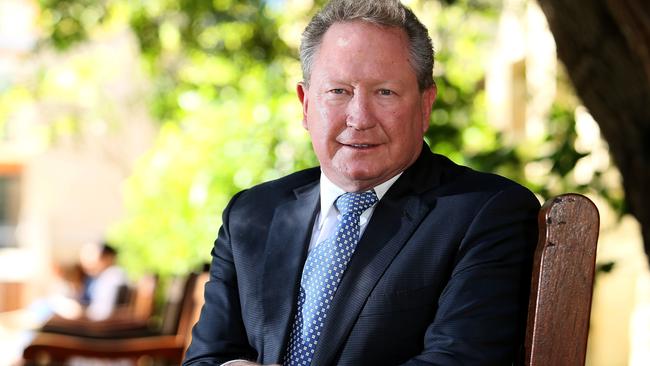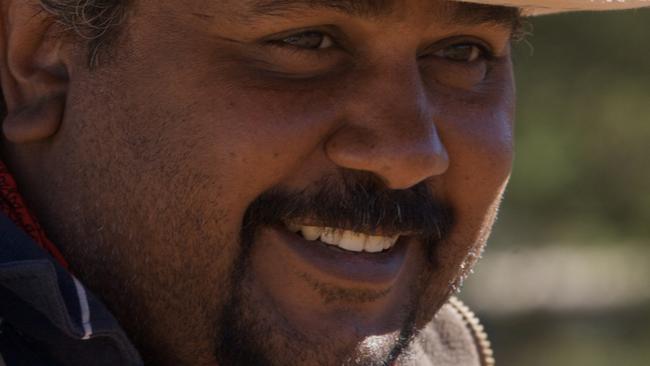Andrew Forrest’s Fortescue Metals might appeal Yindjibarndi native title
Fortescue financial exposure ‘minimal’ though exclusive possession rights raise prospect of financial windfall for Yindjibarndi people.

Andrew Forrest’s Fortescue Metals Group will consider an appeal to the High Court after its attempt to overturn a landmark native title ruling was dismissed.
Fortescue had been appealing a 2017 court decision that recognised the exclusive possession rights of the Yindjibarndi people over the land on which Fortescue built its Solomon iron ore mine, but a panel of Federal Court judges rejected Fortescue’s appeal on all grounds.
That ruling opened the way for a potentially large compensation claim against Fortescue, which does not have an indigenous land use agreement with the Yindjibarndi to mine at Solomon.
READ MORE: Fortescue Metals still in race for Simandou deposit
“We are considering our next steps which may include an appeal to the High Court,” Fortescue chief executive Elizabeth Gaines said in a statement.
While the exclusive possession rights granted to the Yindjibarndi has raised the prospect of a financial windfall for the group, Fortescue has maintained that its financial exposure was minimal.
“The matter of compensation is an entirely separate matter and our legal advice is consistent with our previous view that there is no material financial impact to Fortescue following today’s decision,” Ms Gaines said on Friday.
“Our mining tenure rights and current operations are also unaffected.”

Yinjibarndi chief executive Michael Woodley told The Australian that the prospect of a High Court challenge held no fears.
“We would like Fortescue to do the right thing - admit they were wrong, and do what other more responsible mining companies have been doing in terms of having a positive workable relationship with the [traditional owner] groups,” he said.
Western Australian treasurer and minister for lands and aboriginal affairs Ben Wyatt congratulated the Yindjibarndi
“I urge Fortescue to work with the Yinjibarndi people for the benefit of all.”


To join the conversation, please log in. Don't have an account? Register
Join the conversation, you are commenting as Logout